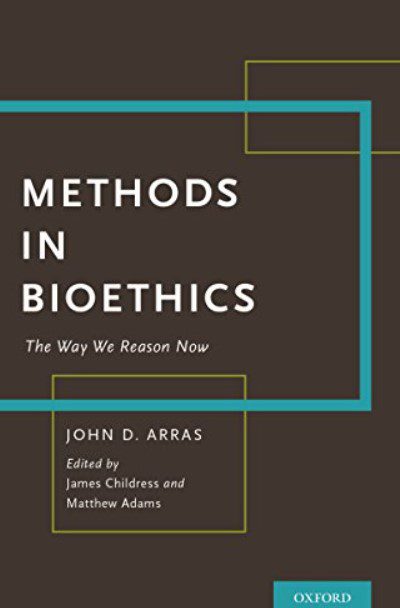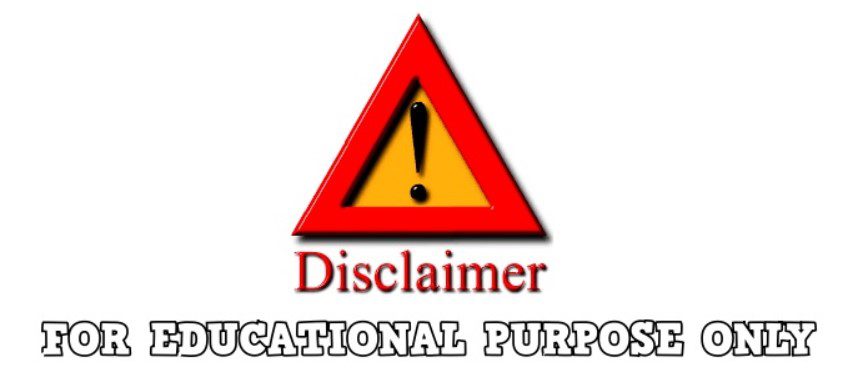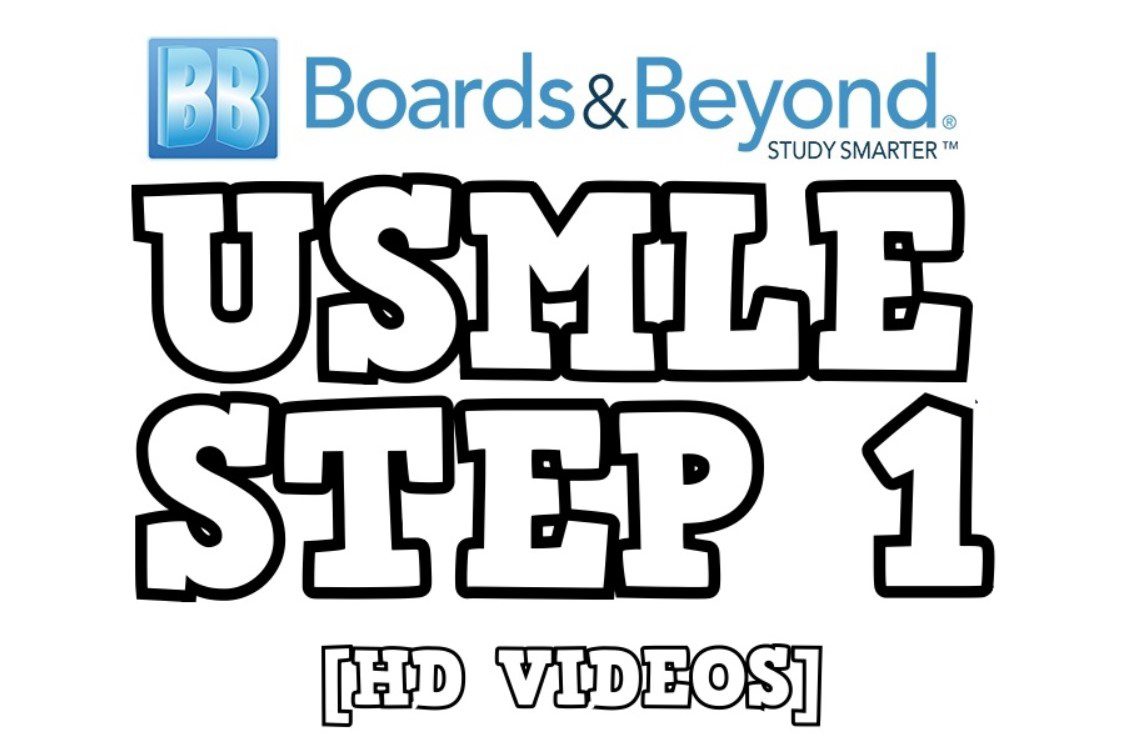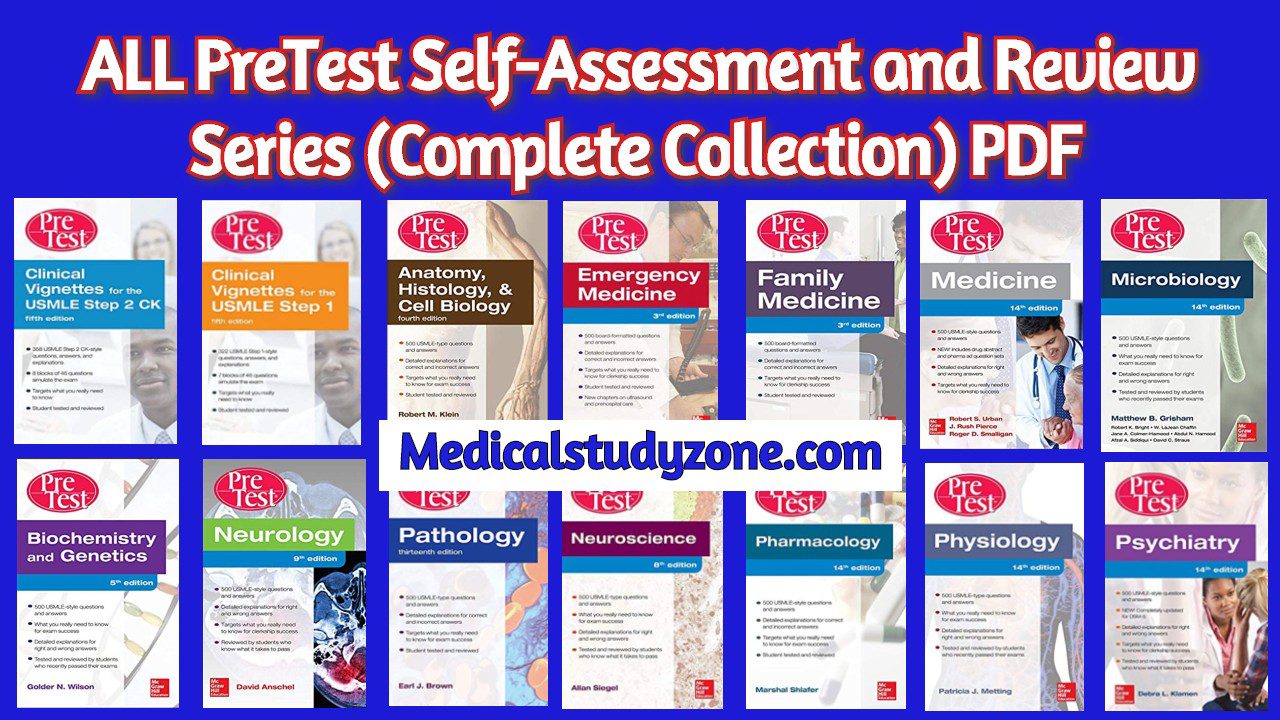In this blog post, we are going to share a free PDF download of Methods in Bioethics: The Way We Reason Now by John Arras PDF using direct links. In order to ensure that user-safety is not compromised and you enjoy faster downloads, we have used trusted 3rd-party repository links that are not hosted on our website.
At Medicalstudyzone.com, we take user experience very seriously and thus always strive to improve. We hope that you people find our blog beneficial!
Now before that we move on to sharing the free PDF download of this book with you, here are a few important details regarding this book which you might be interested.

Overview
This is one of the best book for quick review. It is very good book to study a day before your exam. It can also cover your viva questions and will help you to score very high.
You might also be interested in:
Get Through FRCR Part 1: MCQs and Mock Examination PDF Free Download
Laparoscopic Surgery of the Spleen by Bing Peng PDF Free Download
German For Dummies 2nd Edition by Anne Fox PDF Free Download
Manual of Mulligan Concept by Deepak Kumar PDF Free Download
National Kidney Foundation Primer on Kidney Diseases 7th Edition PDF Free Download
Features of Methods in Bioethics: The Way We Reason Now by John Arras PDF
Following are the features of Methods in Bioethics: The Way We Reason Now by John Arras PDF:
This book provides an overview and critical discussion of the main philosophical methods that have dominated the field of bioethics since its origins in the late 1960s and early 1970s. The first three chapters outline some influential theories that are important to understanding the methodological approaches that follow. Chapter 1 offers a survey of the theory of principlism as expounded by Tom Beauchamp and James Childress, Chapter 2 examines Bernard Gert’s defense of common morality, and Chapter 3 discusses the so-called “new casuistry.” The next three chapters trace a historical dialectic. Chapter 4 explores the shift that has increasingly occurred in bioethics away from the pursuit of objectivity or truth and towards narrative ethics, while Chapter 5 uncovers the “classical” roots of American pragmatism and explains their on-going relevance for contemporary bioethics. This paves the way for Chapter 6’s examination of “freestanding” pragmatists such as Susan Wolf who, in contrast, see their approach as untethered to the classical canon of American pragmatism. With this background firmly established, the next two chapters handle some influential contemporary approaches. Chapter 7 considers the “internal morality” approach to medicine; chapter 8 discusses the method of reflective equilibrium. Chapter 9 summarizes and reflects on the results of the preceding eight chapters. Rather than staking out and defending a final position, the book aspires to uncover the advantages and disadvantages of the different methodological approaches. In the words of Kierkegaard, it aims to make life “harder” rather than “easier” for bioethics by uncovering some outstanding challenges.
User’s Review:
Editorial Reviews: Review “It was a delight to read Methods in Bioethics: The Way We Reason Now. John Arras’s reflections on how to do bioethics are uncommonly wise and incisive. Readers will find themselves engaged with a first-class mind, with a scholar who read so widely and perceptively, and a person with a wonderfullywry and self-deprecating sense of humor. It is vintage John Arras all the way – a very fine vintage to be sure.” — Tom Murray, Ph.D. President Emeritus, The Hastings Center”Methods in Bioethics is a superb road map to the various ethical approaches that have contributed to the field of bioethics. The goal is not to determine which theory is correct – Arras is deeply skeptical about this possibility – but rather to understand the important, though partial, insights ofeach. It is the most sophisticated analysis of the history and significance of bioethics, and Arras’s rapier wit and lively style make it the most engaging as well.” — Bonnie Steinbock, Ph.D. Professor Emeritus of Philosophy, the University at Albany/State University of New York”With distinctive wit and ruthless analytical clarity, Arras offers an incisive critique of popular approaches to methodology in bioethics. This is clear-headed, analytical philosophy at its finest and anyone interested in methods of bioethics ignores this work at their peril.” — Alex JohnLondon, Ph.D., Clara L. West Professor of Ethics and Philosophy, Director, Center for Ethics and Policy, Director, Ethics History and Public Policy Program, Carnegie Mellon University –This text refers to the hardcover edition. About the Author The late John D. Arras was Porterfield Professor of Bioethics, Professor of Philosophy, and Professor of Public Health Sciences, as well as a scholar-in-residence in the Center for Biomedical Ethics and Humanities, at the University of Virginia in Charlottesville, VA. He was the author of numerousinfluential articles in bioethics as well as editor or co-editor of several books in the field. At the time of his death in 2015, he was a member of President Obama’s Presidential Commission for the Study of Bioethical Issues. –This text refers to the hardcover edition.
Download Methods in Bioethics: The Way We Reason Now by John Arras PDF Free:
Now you can download Methods in Bioethics: The Way We Reason Now by John Arras PDF from Medicalstudyzone.com below link:
Basic Information:
- Year: 2017
- Page Number: 248 pages
- File Type: PDF
- File Size: 1,63 MB
- Authors/ Editiors: John Arras

Disclaimer:
This site complies with DMCA Digital Copyright Laws. Please bear in mind that we do not own copyrights to this book/software. We are not hosting any copyrighted contents on our servers, it’s a catalog of links that already found on the internet. Medicalstudyzone.com doesn’t have any material hosted on the server of this page, only links to books that are taken from other sites on the web are published and these links are unrelated to the book server. Moreover Medicalstudyzone.com server does not store any type of book, guide, software, or images. No illegal copies are made or any copyright © and / or copyright is damaged or infringed since all material is free on the internet. Check out our DMCA Policy. If you feel that we have violated your copyrights, then please contact us immediately. We’re sharing this with our audience ONLY for educational purpose and we highly encourage our visitors to purchase original licensed software/Books. If someone with copyrights wants us to remove this software/Book, please contact us. immediately.
You may send an email to [email protected] for all DMCA / Removal Requests.

![ALL MBBS Books PDF 2026 - [First Year to Final Year] Free Download ALL MBBS Books PDF 2022 - [First Year to Final Year] Free Download](https://medicalstudyzone.com/wp-content/uploads/2022/06/ALL-MBBS-Books-PDF-2022-First-Year-to-Final-Year-Free-Download.jpg)




![All First Aid Book Series PDF 2025 Free Download [36 Books] All First Aid Book Series PDF 2020 Free Download](https://medicalstudyzone.com/wp-content/uploads/2020/07/All-First-Aid-Book-Series-PDF-2020-Free-Download.jpg)

Leave a Reply